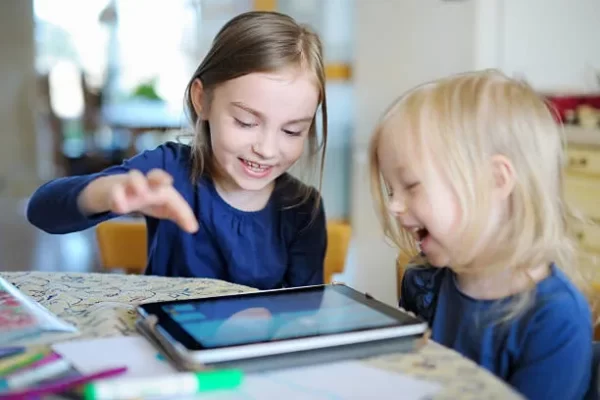Communicating with my child can sometimes be challenging. By actively listening, I strengthen our bond and help my child navigate their emotions and challenges.
I often feel like they aren’t listening to me, and they feel the same way about me. Good listening and communication skills are crucial for successful parenting. My child’s feelings, views, and opinions have value, and it’s important to take the time to sit down, listen openly, and discuss them honestly.
It’s natural to react rather than respond. I might pass judgment based on my own feelings and experiences. However, responding means being receptive to my child’s feelings and emotions, allowing them to express themselves openly and honestly without fear of repercussion. Reacting sends the message that their feelings and opinions are invalid.
By responding and asking questions about why my child feels a certain way, I can open a dialogue that allows them to discuss their feelings further, giving me a better understanding of their perspective. Responding also provides an opportunity to work out a solution or a plan of action with my child, which they might not have come up with on their own. My child will appreciate knowing that I do indeed understand how they feel.
In these situations, it’s crucial to give my child my full and undivided attention. I need to put down my newspaper, stop doing dishes, or turn off the television so I can hear the full situation and make eye contact with them. Staying calm, being inquisitive, and afterward offering potential solutions to the problem is essential.
I shouldn’t discourage my child from feeling upset, angry, or frustrated. My initial instinct may be to say or do something to steer them away from these feelings, but this can be detrimental. Instead, I should listen to my child, ask questions to find out why they are feeling that way, and then offer potential solutions to alleviate the bad feelings.
Just like me, my children have feelings and experience difficult situations. By actively listening and participating with them as they talk about their problems, I demonstrate that I care, want to help, and have similar experiences they can draw from. Remember, it’s important to respond, not react.
As a parent, I recognize the importance of actively listening to my child. Actively listening goes beyond hearing their words; it involves understanding their emotions, validating their feelings, and creating a safe space for open communication. Here are some strategies I employ to enhance my active listening:
- Reflect Back What They Say: When my child shares their experiences or feelings, I paraphrase their words to show that I am paying attention. For instance, if they express frustration about something that happened at school, I might say, “It sounds like you’re really upset about what happened today.”
- Validate Their Emotions: Acknowledging my child’s feelings is crucial. Phrases like “I can see why you feel that way” or “Your feelings are valid” reassure them that I understand and empathize.
- Ask Open-Ended Questions: Instead of closed-ended questions, I encourage my child to elaborate on their thoughts and emotions. Questions like “How did that make you feel?” or “What do you think would help?” lead to more meaningful conversations.
- Patience and Avoiding Interruptions: I give my child the space to express themselves fully without interrupting. Sometimes they need to vent before they’re ready to discuss solutions.
- Positive Body Language: Non-verbal cues matter. Nodding, maintaining eye contact, and leaning in slightly convey that I am engaged and interested in what they are saying.
- Empathy and Compassion: I put myself in their shoes. Statements like “I remember feeling that way when I was your age” create a sense of solidarity and understanding.
- Avoid Dismissing Concerns: What seems trivial to me might be significant for my child. I take their concerns seriously and offer support.
- Creating a Safe Space: Our home is a judgment-free zone. I ensure my child feels safe expressing their thoughts and emotions openly.
- Encouraging Problem-Solving Together: Involving my child in finding solutions empowers them. We brainstorm ideas and weigh pros and cons collaboratively.
- Consistent Check-Ins: Regularly asking about their feelings and experiences shows ongoing care. It’s not just about addressing problems but maintaining open communication consistently.

Naorem Mohen is full time Blogger and helps parent improve their parenting skills, resulting in better relationships with their children. He also provides guidance to individuals and couples to enhance their relationships and communication. Naorem supports people in need to help them in their personal growth, helping them set and achieve meaningful goals.






